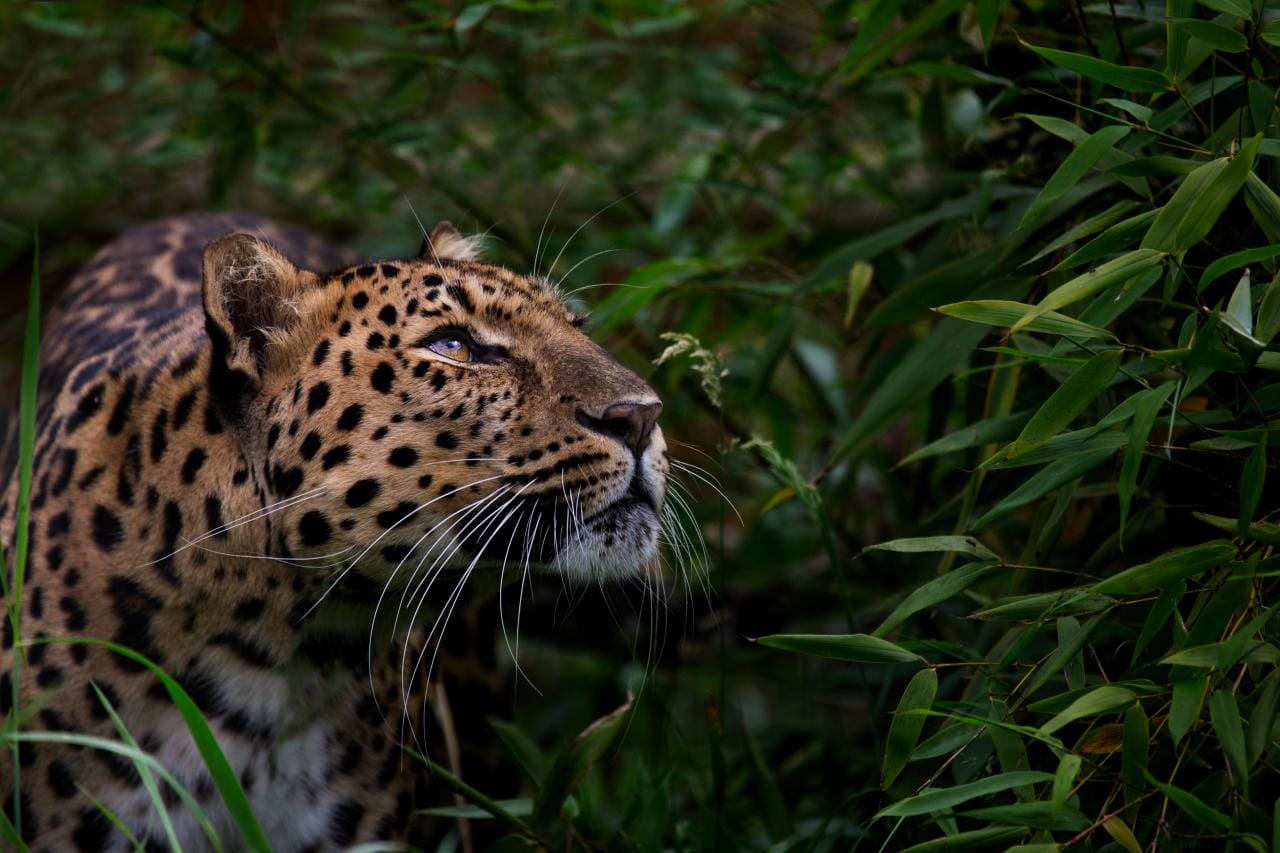
Good news for people
Sierra Leone outlaws child marriage
In a landmark decision, Sierra Leone’s parliament just passed a historic bill criminalizing child marriage, a major victory for campaigners in a region that has the highest prevalence of the practice in the world. The West African country is home to 800,000 child brides, half of whom were married before the age of 15. The new bill includes a hefty fine or jail terms of up to 15 years for perpetrators.
Chad eliminates its first neglected tropical disease
The WHO just recognised Chad as the 51st country to eliminate human African trypanosomiasis (sleeping sickness) as a public health concern, surpassing the halfway mark towards the global target of 100 countries by 2030. Chad’s health minister said 'this achievement results from years of dedicated efforts by our health workers, communities, and partners.' WHO
Brazil becomes the largest country to decriminalize marijuana
The Supreme Court voted to remove criminal penalties for possession of up to 40 grams—a decision that will take effect within days and stand for the next 18 months. It makes the nation of 203 million the largest to take such a measure and the latest sign of a growing global acceptance of the drug medicine. AP

HIV researchers and activists hail 'the best news ever'
Results from a large clinical trial in Africa showed that a twice-yearly injection of a new drug gave young women total protection from the virus. Gilead has committed to making large quantities available to low-income countries as soon as it receives regulatory approval. 'I got cold shivers. After all our years of sadness, particularly over vaccines, this truly is surreal.' NYT
Gavi outlines plan to save eight million lives between 2026 and 2030
The Vaccine Alliance says it will protect 500 million children during the next five years, reflecting an ambition to vaccinate the next billion children in half the time it took to reach the first billion between 2000 and 2020. The US, France, Spain, the private sector, and philanthropic organisations have already pledged at least $2.4 billion towards this goal. Gavi
Significant global progress in eliminating trans fats
A new progress report has found that WHO-recommended policies for global trans fat elimination have been adopted by 53 countries—covering 46% of the world’s population—a significant increase from 6% in 2018. These policies could prevent 66% of the annual deaths linked to trans fats intake, equating to about 183,000 lives saved each year.
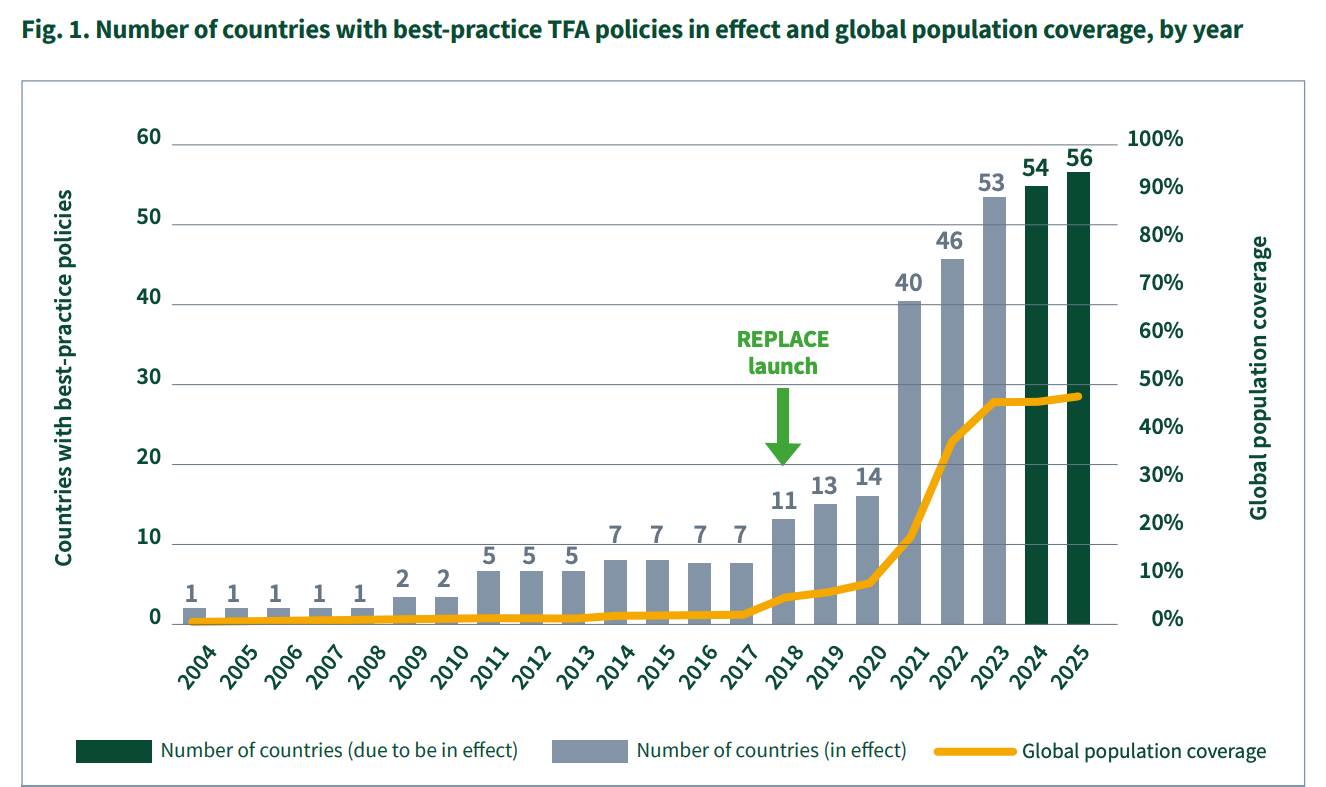
Japan is considering free school lunches nationwide
A recent government survey showed that 43% of municipalities already offer or plan to offer free school lunches in order to reduce financial burdens on households and estimated that it would cost about ¥510 billion ($3.2 billion) annually to extend this initiative countrywide. Japan Times
20 years of progress towards gender equality in research
Elsevier's 2024 Gender Report analysed women's participation in research and innovation across 18 countries and 2 regions, revealing that globally, women constitute 41% of researchers, up from 28% in 2001. Grant funding for women rose from 29% in 2009 to 37% in 2022, and women now comprise the majority of active researchers working on some UN SDG research areas.
Expanding electricity connectivity in East Africa
At least one million poor Ugandan households will get a free electricity connection after the government received a $638 million loan from the World Bank; in Kenya, the government plans to connect 566,000 more households to electricity as part of its goal for universal access by 2030; and in Malawi, solar-powered lighting facilities are making electricity affordable for low-income households.
Namibia strikes down colonial laws against same-sex relationships
Windhoek’s high court declared the crimes of 'sodomy' and 'unnatural sexual offences' as 'unconstitutional and invalid' following a case brought by LGBTQ+ activist Friedel Dausab. This is the latest court victory for the Namibian LGBTQ+ community: in June 2023, the court recognised same-sex marriages performed abroad between Namibian citizens and foreign spouses. France 24

More good news you didn't hear about
The number of active mobile money accounts globally grew from 13 million in 2010 to more than 640 million in 2023. Liberia’s new war crimes court could bring long-overdue justice to civil war victims. Mexico’s president-elect upgrades the national science council and puts a woman at its helm. The Mekong Malaria Elimination programme reports an astonishing 43% decrease in malaria cases in just one year. US traffic deaths are declining, even as people drive more. In Cambodia, the government’s Nutrition Project is enhancing access to quality health and nutrition services, and a new Water Security Project will improve supply and reliability for over 113,000 people. A UNICEF report reveals a 13% drop in children facing severe food poverty in Nigeria. Trans women in Colorado prisons will receive improved care and housing following a historic class action. Massachusetts' millionaire tax has already brought in $1.8 billion for schools and roads. That's billion, with a b.


The following is a paid ad. If you're interested in advertising in this newsletter email us at amy@fixthenews.com, and let's talk. Thanks!

Looking for a Sunday Paper that makes you feel good?
Millions of people around the world are clicking onto Maria Shriver's Sunday Paper to get informed, be inspired, and cut through the noise of the news cycle. Curated by a team of award-winning journalists and storytellers, every edition dives into a cross-section of news, culture, health and spirituality. Subscribe here today to receive Maria's popular “I've Been Thinking” column.
If it bleeds, it leads
It looks like homicide rates in 2024 in the United States are on track to fall to their lowest level since the Beatles did their first tour of America. According to multiple data sources, there's a lower chance of being murdered today than in almost any time in the last 60 years. There's no pointing fingers and saying this is due to under-reporting, either; homicide rates are pretty unequivocal.
It's great news! The media are going to go nuts over this, right? Violent crime consistently ranks as one of the country's main concerns, so everyone—from both the left and the right—has reason to celebrate. Our American readers can all look forward to an avalanche of stories about how inner cities are becoming safer, heated debates on cable news about whether it's because of the economy or better law enforcement, and endless TikToks about the return of peace, love, and flower power.
After all, the news tells us what's happening in the world...
...right?

Think about supporting Fix The News!
It's US$8 month, or US$80 a year, and you get access to so much more good news, plus the knowledge that your news habit is actually making a difference. Hit the button below to find out more.
Good news for the planet
Marine conservation zones in South China Sea
Over a million hectares of conservation areas called refugia have been established to protect the the biodiversity of the South China Sea, which supports nearly four million people in the surrounding region. "Six countries are now integrating the refugia approach into their national policies. And coastal communities around the region have become protectors of the species they depend on.” UN Biodiversity
This is the world’s first Key Biodiversity Area
Nouabalé-Ndoki National Park in the Republic of the Congo—a critical nature site that has been largely unaffected by human activities—has become the first site in the world to be given this status, due to its high ecological integrity. Covering 4,000 km2 of lowland rainforest, the park has never been logged, contains no roads, and boasts wildlife that has had little to no contact with humans. WCS
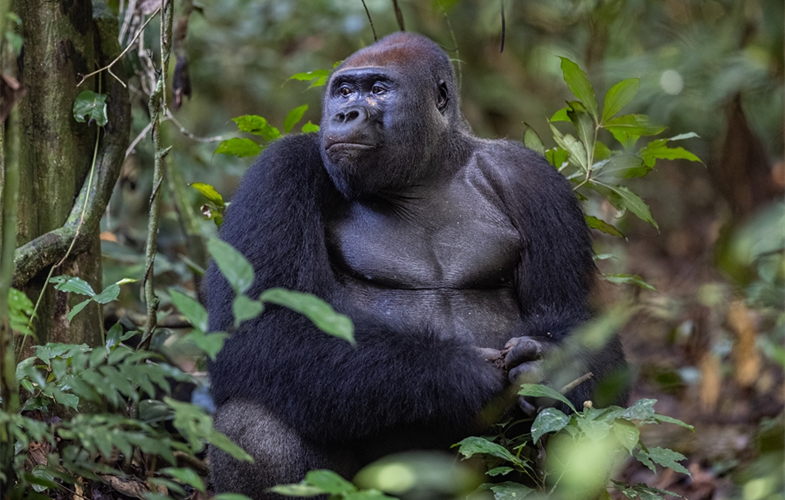
Amur leopard protection in Siberia
North Korea and Russia are rekindling an old flame: science cooperation. In an initial step, the two countries are banding together to conserve the rare Amur leopard. Last month, Russia and China made a pact establishing the Land of Big Cats, a 1.75-million-hectare transboundary reserve for Amur leopards and Siberian tigers. MNR
First cohort of the American Climate Corps sworn in
A modern-day twist on the Civilian Conservation Corps, 9,000 people will be deployed in the coming weeks to restore landscapes, erect solar panels, and work on environmental projects across America to create a greener future. It's expected that more than 20,000 young people will join during the programme’s first year. Grist
Forests in Ukraine are thriving in the wake of disaster
After the Kakhovka Hydroelectric Power Plant dam disaster last year, experts predicted the bottom of the reservoir would turn into a desert. The opposite happened. Young willow forests sprouted, growing to 4.7 m tall in less than a year! About 40% of the land is now covered with forests of willow and poplar thickets that were native to the area before the reservoir was created. Transitions
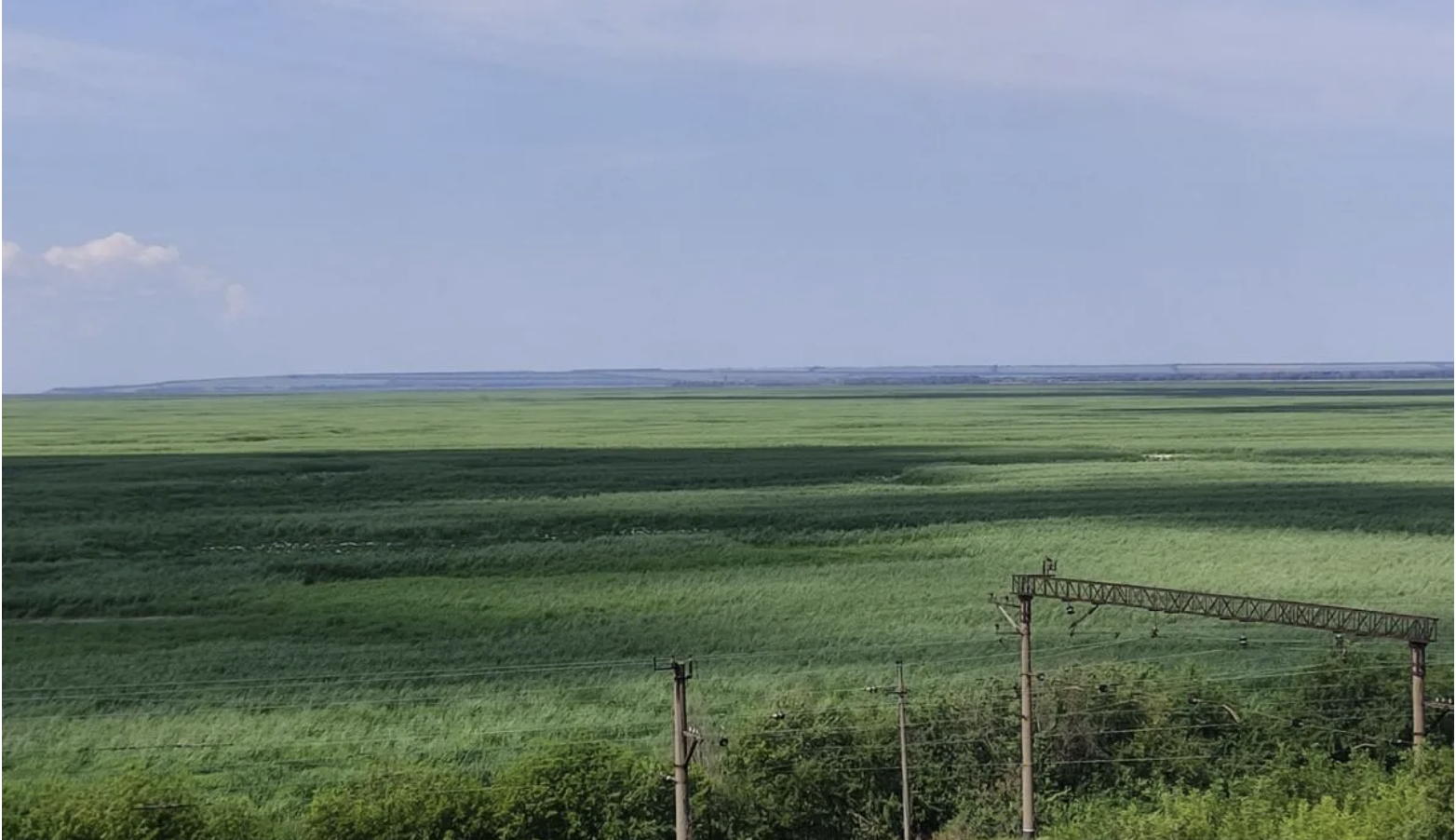
Utah scientists achieve breakthrough in waterbody restoration
The team at BlueGreen Water Technologies has developed a process, now being tested at the Mantua Reservoir in Utah, which oxidizes the algal blooms, knocking out the algae, which settles to the bottom. Testing at Mantua Reservoir safely sequestered 13,000 tonnes of algae, largely restoring the reservoir. KSLTV
Colorado bans 'forever chemicals'
New legislation will ban the sale of products containing PFAS. Starting in 2026, the sale of cleaning products, cookware, dental floss, menstruation products, and ski waxes that contain the chemicals will be banned, and companies will be required to put disclosure labels on PFAS clothing. Colorado is one of 28 states that have adopted policies on PFAS. CBS
Another big Indigenous conservation victory in Canada
The Inuvialuit have signed a new agreement to safeguard almost 850,000 hectares of the Yukon’s northeast coast. The Aullaviat/Anguniarvik Traditional Conservation Area will protect wildlife like the Porcupine caribou herd, polar bears, and migratory birds while preserving Inuvialuit traditional activities. APTN
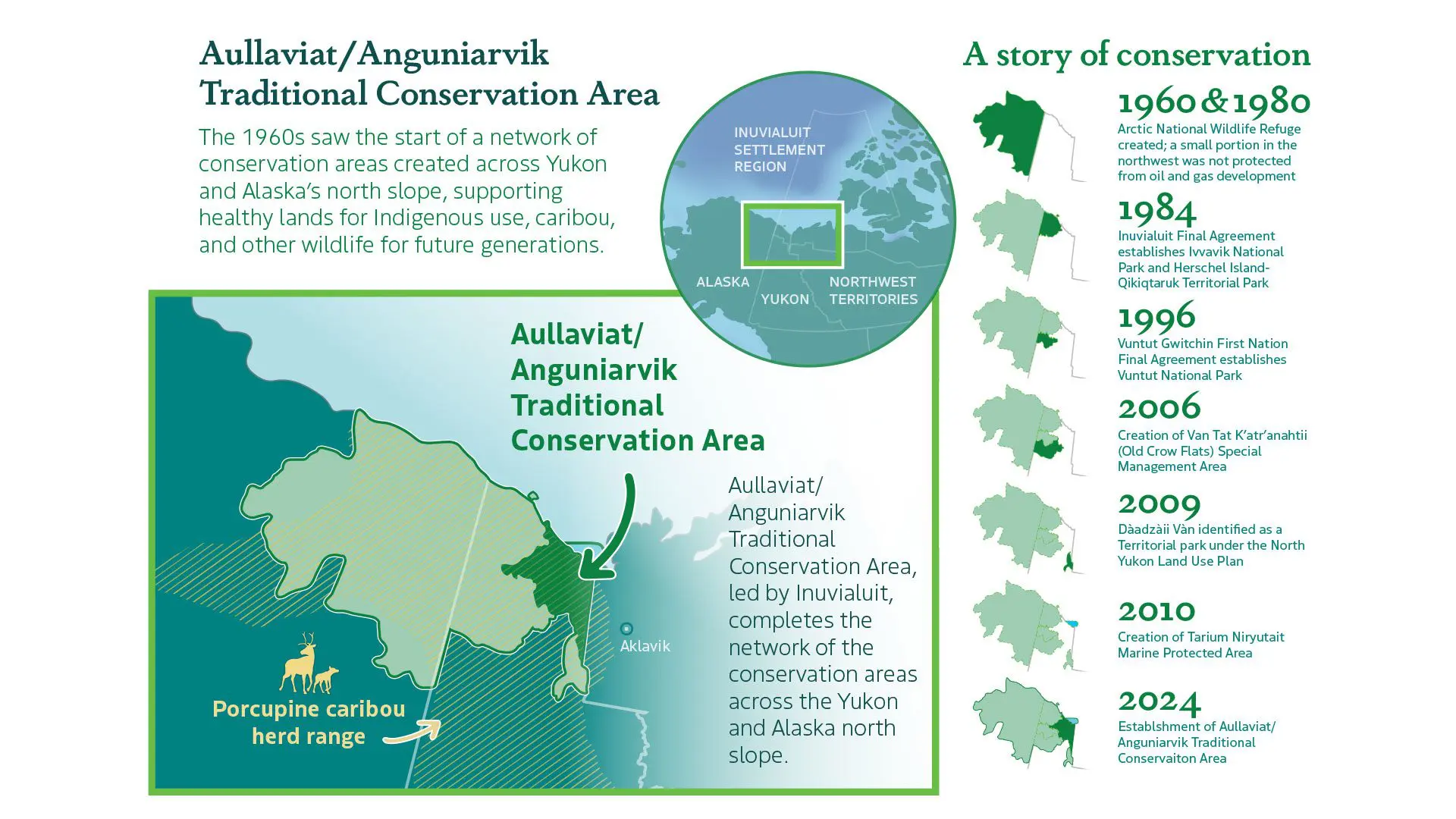
Rare seabird returns to Chilean island
After decades of absence, the Peruvian diving petrel has returned to Pajaros Uno Island following a dedicated effort to eliminate invasive rats. Conservationists played audio recordings of bird calls, which enticed breeding pairs back to their former nesting grounds. The island is also a critical breeding ground for Peruvian boobies, kelp gulls, and the vulnerable Humboldt penguin. earth.com
Recovery of fish populations in European waters
The latest assessment points to the best sustainability results so far. Fish stocks in the Northeast Atlantic, on average, are within healthy ranges, while fishing mortality rates in the Mediterranean and Black Seas have hit their lowest levels. There’s still work to be done in the Baltic Sea, but measurements are in place to ensure four out of ten stocks are no longer targeted. European Commission
Indigenous fire stewardship gains ground in Canada and California
Forestry companies and governments across Canada are starting to incorporate controlled burns, also known as 'good fire,' which have been used by Indigenous communities to maintain healthy forests and prevent the spread of wildfires. Other jurisdictions, like fire-prone California, have passed laws that remove liability for Native American tribes conducting controlled burns. Vancouver Sun
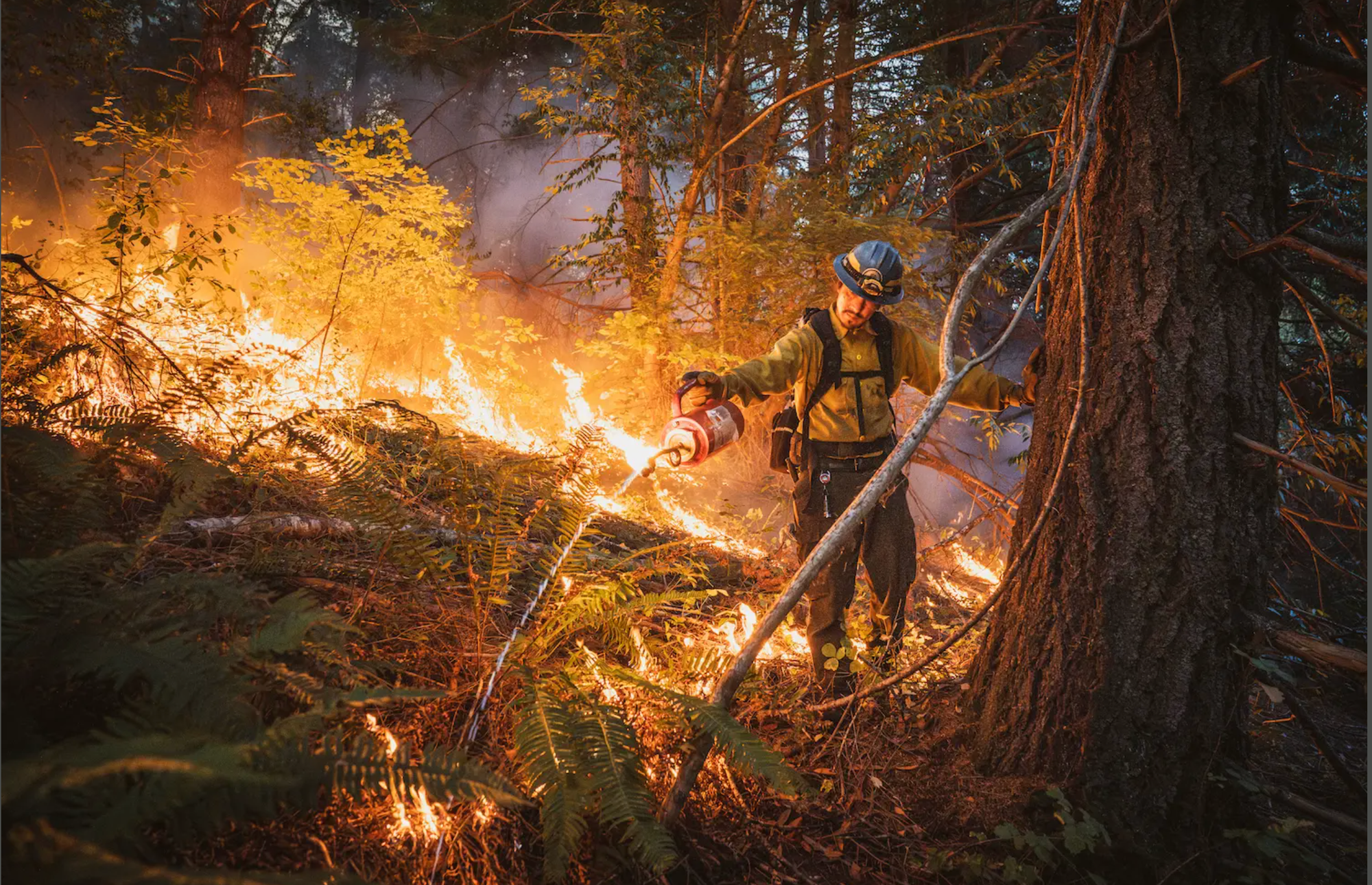
More music for those who will listen
The Iron Law of Environmental Improvement: why didn't we do this sooner? British Columbia has designated 10 new conservation areas in Clayoquot Sound, protecting over 76,000 hectares of old-growth forest, and will also ban open-net pen salmon farming within five years. New Zealand has enforced ‘stringent’ regulations for surface longline fishing after onboard cameras revealed 3.5 times more albatrosses were being caught than expected. California will help return tribal lands as part of the Klamath River restoration. The octopus fisherman protecting Portugal’s largest reef. A volunteer group in Guernsey has removed about 25 tonnes of an invasive plant from the coastline. Vermont has passed some impressive legislation to protect its natural heritage from bee- and bird-killing pesticides. The reinvention of Buenos Aires Zoo into an eco-park that treats injured animals and houses the largest biobank in South America. How the local community of Mnemba Island saved their Indian Ocean coral reef. Thanks to decades-long work, flamingos are returning to Everglades National Park in Florida. In the Brazilian Amazon, the Waimiri-Atroari Indigenous people have built almost 30 ‘canopy bridges’ across roads to save wildlife.
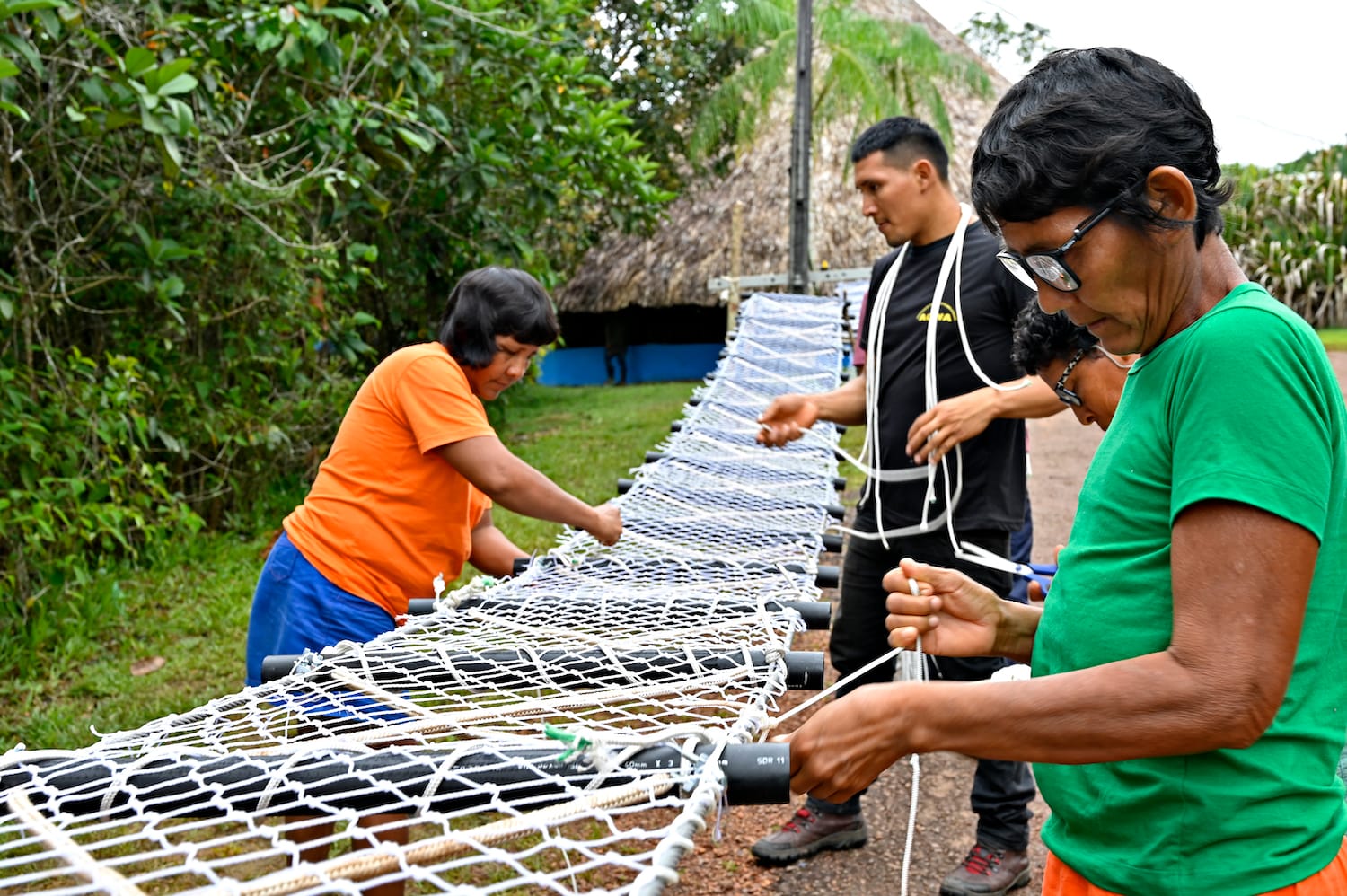
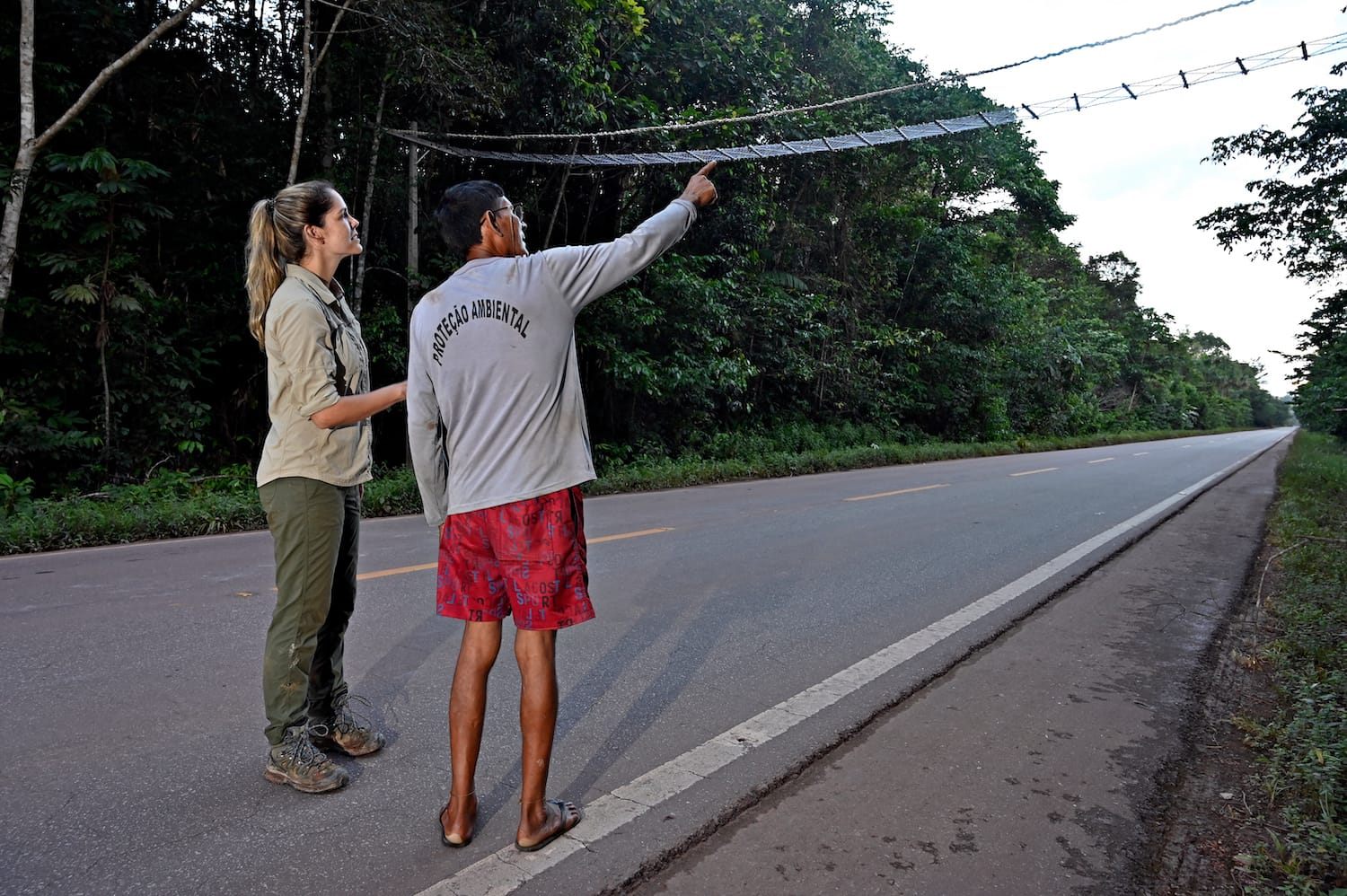
That's all for this edition, thanks for reading, we'll see you next week.
With love,
Gus and Amy



